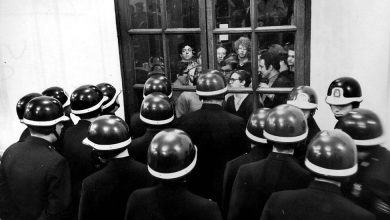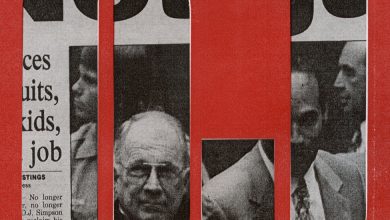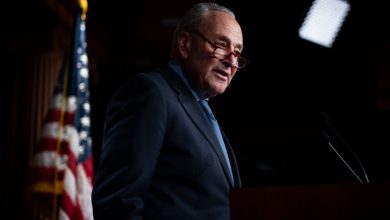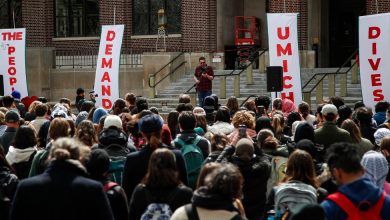Jordan’s King Among Leaders Accused of Amassing Secret Property Empire

GAZA CITY — King Abdullah II of Jordan came under heightened scrutiny on Sunday after an alliance of international news organizations reported that he was among several world leaders to use secret offshore accounts to amass overseas properties and hide their wealth.
The king was accused of using shell companies registered in the Caribbean to buy 15 properties, collectively worth more than $100 million, in southeast England, Washington, D.C., and Malibu, Calif. The purchases were not illegal, but their exposure prompted accusations of double standards: The Jordanian prime minister, who was appointed by the king, announced in 2020 a crackdown on corruption that included targeting citizens who used shell companies to disguise their overseas investments.
The Jordanian royal court declined to provide a comment to The New York Times, but lawyers for King Abdullah told the International Consortium of Investigative Journalists, which published the report, that his foreign properties were bought exclusively with his personal fortune and not public funds.
The claims against King Abdullah were part of a major investigation, known as the Pandora Papers, that was conducted by the ICIJ in partnership with more than a dozen international news outlets, including The Washington Post and The Guardian. Based on leaks of nearly 12 million files from 14 offshore companies, the investigation found that King Abdullah was among 35 current and former leaders, as well as more than 300 public officials, who have used offshore shell companies to disguise their wealth, and to hide the transfer of that wealth overseas.
The documents do not necessarily show wrongdoing, but are considered noteworthy because they reveal the extent to which some political leaders have been able to avoid paying taxes on their wealth and to evade public accountability and scrutiny.
Moments after the report’s release, Jordanians said the ICIJ’s website appeared to have been blocked in the country, an indication that the monarchy was worried about fallout from the revelations at a delicate time for the country and its king.
Though the kingdom is viewed by western allies as a key partner in the campaign against extremist groups, a linchpin in the Israeli-Palestinian conflict and an island of stability in a turbulent region, it has been roiled by internal conflicts in recent months.
The misuse of public money, a high unemployment rate and the perceived mismanagement of the coronavirus pandemic have angered the population and increased frustration at the royal family.
“There have been big problems in recent months — a crisis of the bureaucratic system, the deaths in coronavirus, the crisis in the royal family,” said Amer Al Sabaileh, a Jordanian political analyst. “Now comes this very delicate issue that touches all Jordanians.”
Six months ago King Abdullah placed his half brother, Prince Hamzah, under house arrest after accusing the prince of conspiring against him. The king forgave the prince, who previously embarrassed the king by speaking out against government corruption, but a court later jailed two of the prince’s alleged accomplices.
In recent months, King Abdullah attempted to shore up his standing by underscoring his reliability as a Western ally and a major player in Middle Eastern diplomacy; he met recently with President Biden and with Prime Minister Naftali Bennett of Israel, following several years of fraught relations with their predecessors.
But just as King Abdullah appeared to have turned a corner, the new revelations “might be a trigger for people to go back to the streets,” said Mr. Al Sabaileh.
King Abdullah is among dozens of current and former leaders whose overseas investments were exposed. Other leaders included President Vladimir V. Putin of Russia, whose alleged former lover was found to have purchased an apartment in Monaco; Prime Minister Andrej Babis of the Czech Republic, who is said to have bought property in the south of France using a complicated offshore structure; President Ilham Aliyev of Azerbaijan, who sold a London mansion to the Crown Estate, a property trust formally owned by Queen Elizabeth II; and Tony Blair, the former British prime minister, who avoided paying taxes worth more than $400,000 when he and his wife Cherie obtained a London property by purchasing the offshore company that owned it.
The mechanism was legal and Mrs. Blair, who used the property as an office for her legal consultancy, told the BBC that the Blairs had only bought the building through the offshore company at the request of the sellers.



